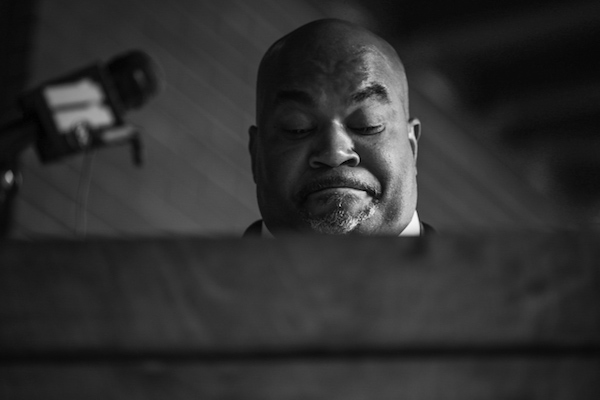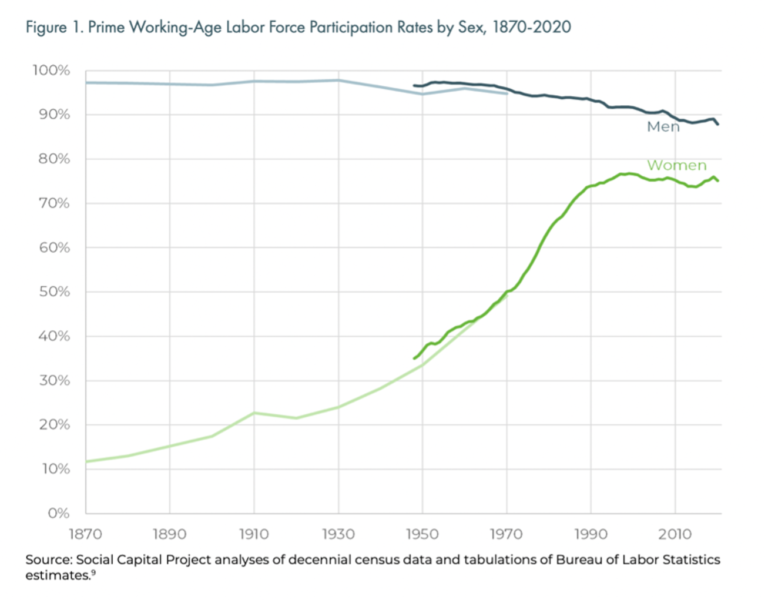Should private philanthropy seek to replace government-provided social services? I have argued in this space that it should, and have sought in my outside activity to make this possible. Others, however, think philanthropy should test innovative ideas so government can add to its activities.
Rob Reich, co-director of Stanford’s Center on Philanthropy and Civil Society (not Robert Reich, the diminutive former Labor Secretary who teaches at Berkeley), recently discussed the role of philanthropic foundations in democratic societies with Russ Roberts on EconTalk. He sees government taking on work tested by philanthropists as good:
The classic example is the Carnegie Library system. Andrew Carnegie didn’t say, ‘Hey, here’s a great idea: I’d like to fund libraries open to the public in perpetuity for any citizen or, you know, community that wants one.’ He pilot-tested a whole bunch of them, partially funded them along with various…cities. And then, after citizens experienced them, the Carnegie Foundation doesn’t fund every single public library across the country now in perpetuity. It’s now an ordinary public expense. It’s been taken often [sic] by taxpayers as an ordinary public good that cities or states should fund.
Reich puts this in contrast to private philanthropy taking on social services from government
The role of foundations, perhaps against expectations now, is precisely not to try to fund ordinary social services that–especially in the case where they were once provided by the state. So, as the state has budgetary problems and seeks to offload some of the provision of public services to private means, in particular philanthropy–well, that’s not social innovation, or experimentation. That’s just finding a different way to, to, divert the cost of a social service to some type of private means…. [T]hat’s in my view an example of the most regrettable kind of philanthropy. Because it’s philanthropy in the service of exacerbating existing inequalities at the level of social services, where the public has already assumed a responsibility for their provision–the public school house. And so, what that’s a case of, is that, you know, parents take a tax deduction for the worsening of an inequality that the state in my view is already responsible for remedying…. Charitable giving might be fine for that: You know, the hundred-dollar checks that you and I write. But we’re not exercising huge power in doing that. But, if you have a foundation, you shouldn’t be doing that type of work.
Reich did not discuss the possibility of privately funded social services competing with government-provided social services. It is a waste of money, whether small gifts or large grants, when nonprofits take on governmental tasks, becoming appendages to the state through contracts or other means. Instead, private foundations and individual donors can provide social services through innovation and experimentation in a way that challenges government provision. This is what charter schools have done for 20 years in North Carolina and what opportunity scholarships and education saving accounts promise, subsidizing families who choose something besides a traditional government-provided education. Government financial challenges may lead to more outsourcing of services, but that should provide an opportunity to innovate, not simply do more of the same.


